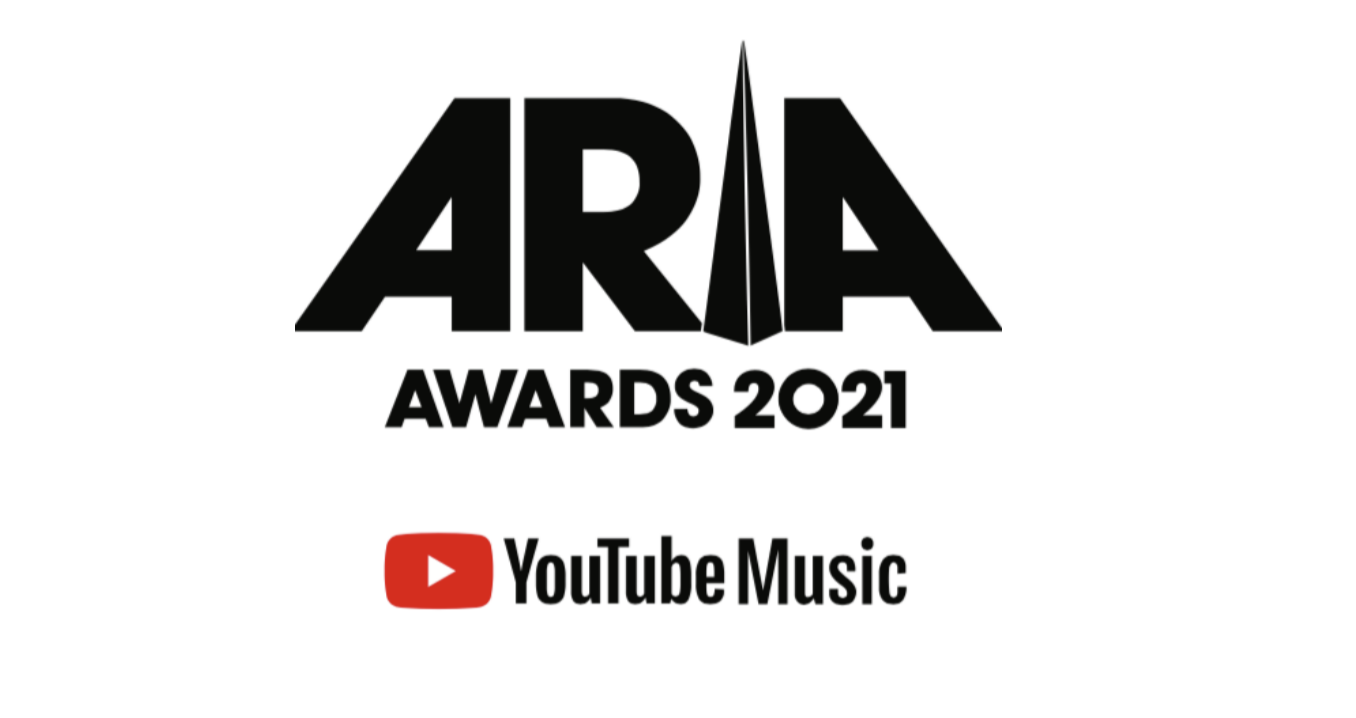Ageism, equality and making the music industry safer for everyone: Q&A with ARIA CEO Annabelle Herd

Annabelle Herd has only been in the ARIA hot seat for a little over six months, but she’s already had a lot to contend with, whether it’s the continuing struggles of the arts sector during COVID, or the wide-ranging cultural issues plaguing the music industry. Here, the ARIA CEO speaks to The Music Network’s Vivienne Kelly about music’s ageism problem, whether the industry is ready and willing to do the work and why – despite a raft of challenges and issues – she remains hopeful.
VK: The thing I wanted to kick off with, Annabelle, is this removal of the gendered categories. Can you tell me why 2021 felt like the right time to make that move?
AH: Absolutely. There are two reasons why we’re making that change, two primary reasons. The first one is that in 2021, it is absolutely time for men and women to be considered on an equal platform in terms of one of our top awards, Best Artist.
And the other thing is, we do not want the ARIA Awards to be exclusionary in any way. And if you have categories that are limited to people who identify as male or female, then you are excluding a whole bunch of amazing artists, that are non-binary. And it was clear that the time of excluding non-binary artists had absolutely passed.

Aussie artist G Flip came out as non-binary in June
VK: I guess one of the challenges might be that traditionally, judging panels and the music industry and whatnot has favoured men. So without a specific ‘female’ category, there is a risk that females could suffer or be overlooked. Do you have any thoughts on the potential for that to happen?
AH: Look, I understand, [and] that concern has been raised, although not [by] many. Overwhelmingly, this announcement has been met with a really, really positive response. We’re not going to get the gender balance right straight away, and there are issues around recognition of female and non-binary artists that are going to take some work to change, but having a separate category for women is not the way to get equality.
VK: You’ve also made some changes for Engineer and Producer of the Year. Can you talk me through those?
AH: Yes, so that’s really about recognising the fact that producers often work on a range of different things, and we really wanted to ensure that they were being recognised for the body of work, not just particular items of work that you’ve done over the year. So it’s just about a broader recognition.
VK: And I guess in slightly less positive news, you’ve again been forced to not have an in-person awards show, are you disappointed to have had to make that call?
AH: I think we would definitely rather be in a position where we can have a massive show at an amazing Sydney venue with thousands of people and amazing performances, but we have to deal with the situation we’re in, not the situation we wish we were in.
I am really excited though about the possibility and the opportunity that we’re being given, and we still don’t know exactly what life is going to look like in Sydney by November 24, but we didn’t want to keep planning for a half-and-half event.
We wanted to make a decision and turn around and really put all of our resources into making a really great digital show that really celebrates and recognises the incredible nominees that we’re going to have this year. And also the strength and resilience of the Australian music industry, who have just been absolutely smashed by COVID, never got back to anything like what business was like before COVID hit, but nonetheless has just remained strong and positive and passionate and looking forward.
We just can’t wait to celebrate the achievements over the past year, but also, create a real sense of hope and excitement about 2022….

The 2021 event will be streamed on YouTube and 9Now
Sometimes when you have to take a different turn than you would have expected, it can lead to some really exciting changes and differences, and this year, we’re going to lean into the YouTube stream experience, and try some things that we haven’t tried before, and be a bit more innovative, use some cool technology, get greater fan and audience engagement than we’ve ever been able to do before.
But again, at the core of that is really going to be doing a lot more work around celebrating the nominees and the winners and the industry.So it’s going to be exciting.
VK: And why do you think the ARIA Awards are still important at a time when the industry is basically on its knees?
AH: The ARIA Awards are still important because despite the industry being on its knees from a live music point of view, we’ve had some incredible releases this year from Australian artists. 11 artists hit #1 on the Albums Chart. And even the artists that are succeeding overseas in massive ways – The Kid LAROI opening the VMAs and being one of the hottest acts in the world right now. And we felt it was more important than ever to recognise that achievement, even in the most difficult of circumstances.
VK: Now you only started the role this year, I think – my sense of time has left me a little bit – so you’re less than a year in, how are you finding it so far?
AH: Yes, I started in February.
Look, it’s been a rolling adventure of twists and turns so far. You know, it’s so inspiring to work in this field, just because I’ve met so many people that are not only talented, but passionate and smart and entrepreneurial and hustlers.
But there are some big challenges that we’re facing as an industry at the moment, both in terms of the immediate desperate crisis of COVID and what it’s done to the live music industry, but also the other broader cultural change conversation that has been happening that has been incredibly important and much-needed.
So there’s been a lot of change in a short period of time, but I still feel very privileged and honoured to be in this position, and very excited to look forward to what the industry is going to be when we come out the other side of COVID.
And I think it’s really important to think about how we want it to look when we come out the other side, and I know others have spoken about this. It’s a great opportunity to reassess what we can do better when we come out the other side.
And that’s what I have been trying to bring to all the work that we’ve been doing at ARIA, including the Awards.
VK: And so what do you want to achieve by the time the year is out? What will success as CEO of ARIA look like for you?
AH: Success as CEO of ARIA – that’s a very good question.
So for me, I hope that we will be well underway with a process of cultural change in the industry after having our robust consultation process and looking at what reforms need to be made, what work needs to be done to create a safe place for everyone to work in this industry, and equal place for everyone to work in this industry.
I hope that we will have achieved an ARIA Awards, and I’m very confident that we will, but that the industry feels recognised and supported and celebrated. I hope that we will have reminded the rest of Australians that we have such a very strong and talented and wonderful music industry in this country, and that music is really perceived such an important source of happiness and hope and welling and connection through COVID. I mean it’s definitely something that’s got me through the hardest moments. And I hope that we remind Australians that music has had that connection in their lives.
And then I really hope that we’ve done what we can to encourage the country to get vaccinated through the #VAXTHENATION campaign. It’s so important to get out there and get vaccinated so that we can all get back to normal life.
The other thing that I think we’ve done that I’m really happy to have been involved with is Our Soundtrack Our Stories.
So whilst there is no live music happening at the moment, the campaign invites people in a really positive way and businesses to use more Australian music which directly benefits artists. If we can keep that campaign going and get some really big wins under our belt there, I feel like that will be a really great outcome.
VK: And there’s been a bit of a conversation happening as well recently about ageism in the music industry. Is that something that you’ve observed so far?
AH: Yes, definitely.
It’s been a very interesting conversation. The triple j tweet was certainly provocative, and sparked some very interesting conversation.
did it hurt? when you aged out of the youth radio station
— triple j (@triplej) August 31, 2021
Look I think there’s so many areas where we need to look at how people are treated, and in terms of equality and inclusivity, recognition of First Nations people, I think that’s another one that we need to add to the list.
I do get a very strong sense that people are demanding change, and people are demanding that we have these conversions.
So I feel like that is really positive and hopefully we can harness that and make an industry that we’re all very proud and happy to work in.
View this post on Instagram
VK: There’s a lot to contend with at the moment with COVID and virtual events, and the harassment claims and the ageism claims. What is making you hopeful about the future of Australia’s music industry and working within it?
AH: There’s a lot, I think, to be hopeful about.
Yes, there are some big challenges, but there’s such a strong willingness to address these challenges and move forward, and of course we’ve got more talent than ever coming through. And a much better diversity of talent, as well, and the passion that comes with that and the hope, it’s all very, very encouraging, and it gives me a lot of confidence that we are going to be a better industry when we come out the other side of COVID.
There’s a lot of work to do and it’s not going to happen overnight, but I feel like there’s such a strong commitment to do that work – there’s much greater transparency than there once was, there’s much greater will, and we need to harness that and keep the momentum going, and make sure that we don’t let things pass by without getting real change.






























